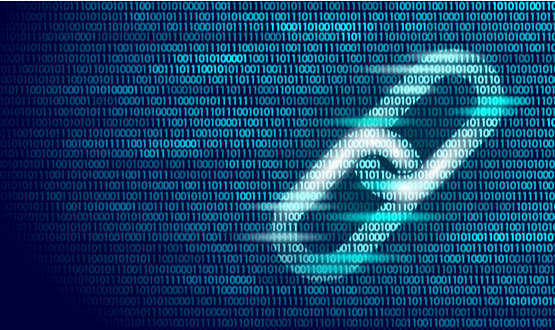
@ShahidNShah


In a piece for Digital Health, Jonas Lundqvist, CEO at Haidrun, looks at how a blockchain-powered digital healthcare ecosystem can increase the security and privacy of sensitive patient and medical data. The idea is to enable patients, doctors, nurses, pharmacists and other health care providers to securely access and electronically share the patient’s medical information. All of this serves to impede patient engagement with limited cooperation between different departments and providers, the minimal ownership of patients’ own health data, and a real blocker to individual caregivers simply exchanging insights effectively and securely. Blockchain technology is essentially a digital ledger or database for recording information. Although the mechanics of blockchain are extremely complex, the concept is straightforward enough: to decentralise data storage so that it cannot be controlled or manipulated by a single actor. With certain types of blockchain, data access can be limited by the patient who can then chose to share relevant parts of their personal information with providers. In this way, a potential hacker cannot simply use a single patient’s private key to access broad sets of data. With a blockchain, for example, no entity involved between a drug company and the retailer can alter the data to include counterfeit drugs, while the movement of drugs between the companies and medical facilities can be tracked in near real-time through the data stored on the blockchain. The same information on the blockchain could also allow individual patients to easily unlock and share their health data with other providers or organisations. The advantages of blockchain technology, according to the National Institute of Standards and Technology (NIST), include its tamper-resistant nature, the decentralised nature of the digital ledgers, and the impossibility of changing a published transaction subsequently within the user community that shares the ledger without everyone knowing about it. That is why private blockchain technology is rapidly gaining interest in healthcare and other sectors. One example of blockchain in healthcare is the US company, MediLedger, which enables companies across the prescription drug supply chain to verify the authenticity of medicines, as well as expiry dates and other important information. While it is clear that blockchain applications are at an early stage in healthcare, this emerging technology looks set to enhance the management and protection of healthcare data.
Continue reading at digitalhealth.net
Heart-health-focused startup Eko is launching a new version of its Eko app, which uses an AI algorithm to help detect heart disease. The new app can be paired with one of Eko's smart stethoscopes and …
Posted Mar 24, 2022 Artificial Intelligence mHealth
Connecting innovation decision makers to authoritative information, institutions, people and insights.
Medigy accurately delivers healthcare and technology information, news and insight from around the world.
Medigy surfaces the world's best crowdsourced health tech offerings with social interactions and peer reviews.
© 2025 Netspective Foundation, Inc. All Rights Reserved.
Built on Dec 19, 2025 at 2:02pm